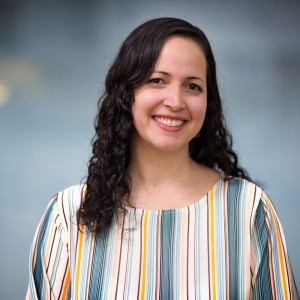Like many states across the country, COVID-19 cases and deaths have impacted communities of color in Michigan at disproportionately higher rates. A staggering reality is that while African Americans represent only 13.6% of Michigan’s population, they represent 40% of the deaths from COVID-19. Half of the cases and deaths in Michigan occurred in Wayne County. Other Counties in the lower half of Michigan have similar disparities including Genesee, Washtenaw, and Kent. In Genesee County, where African Americans represent 20.3% of the population, 35% of COVID-19 cases and 45% of deaths are in these communities. In Washtenaw County, nearly half of the cases to date are located in two majority low-income zip codes in the city of Ypsilanti. African American residents, who make up 12% of the Washtenaw population, disproportionately constitute more than a quarter of the cases. And in Kent County, while 10.8% of the population is Hispanic or Latino, this ethnic group makes up 32.4% of COVID-19 cases. It is unquestionable that these disparities are driven by existing racial/ethnic inequities in Michigan. Preliminary data from the state reveal that, absent culturally-tailored, widely disseminated interventions, these disparities will likely worsen due to significant hesitancy, fear, mistrust and misinformation regarding the COVID-19 vaccine. This proposal, entitled Community-Centered Interventions for Improved Vaccine Uptake for COVID (CIVIC) is designed to directly address and decrease COVID-19 vaccine hesitancy and increase vaccine uptake among populations that experience these health inequities. We will focus on the four counties and populations within Michigan where a disproportionate burden is within AA and LX communities i.e., Wayne, Genesee, Kent and Washtenaw Counties. Using a community-based participatory research (CBPR) approach, CIVIC will leverage its long term relationships with the community, our CBPR partnership developed and knowledge gained as a Community Engagement Alliance (CEAL) grant recipient, the resources and networks of the University of Michigan CTSA (MICHR), and the expertise of our academic partners to identify and understand factors that contribute to COVID-19 vaccine hesitancy in African-American (AA) and Latinx (LX) communities in Michigan, and then develop and test two interventions based on community-centered approaches to achieve a primary goal of increased vaccine uptake. We will achieve this goal with the following aims: 1: Rapidly identify the positive and negative behavioral drivers of vaccine uptake and hesitancy, 2: Develop an organizational level intervention using Social Marketing and community health workers to increase vaccine uptake and decrease vaccine hesitancy, 3: Develop an individual level App-based intervention to increase vaccine uptake and decrease vaccine hesitancy and 4: Maintain, enhance, and evaluate the effectiveness of the CIVIC partnership in equitably engaging all partners.

